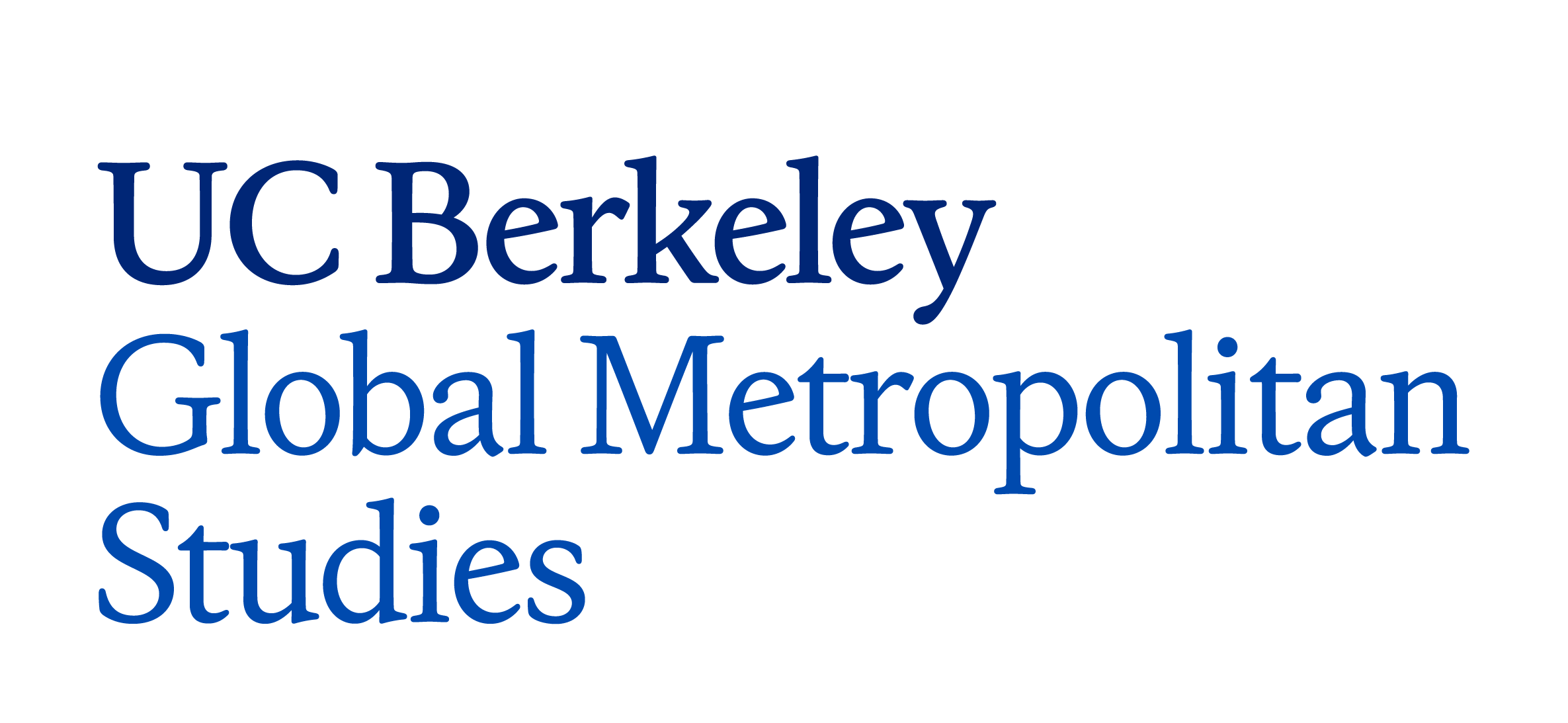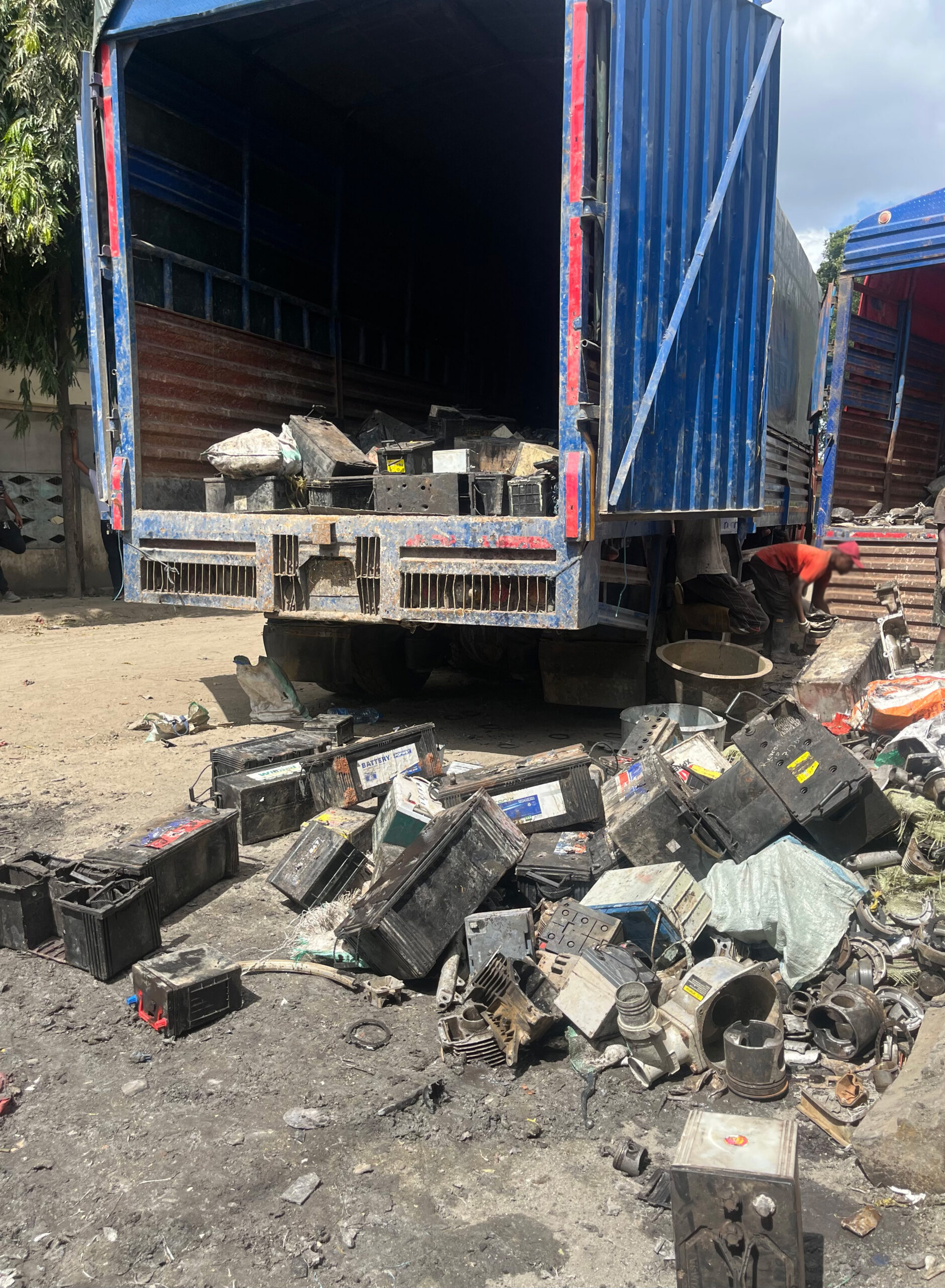My project looks at the global waste trade and the ways in which recycling markets are governed in Tanzania, Uganda, South Sudan, Kenya, and throughout East and Central Africa. My work is concerned with how waste markets fuse with existing metal supply chains and the ways in which local and global political economies are smelted together in this emerging commodity frontier.
I argue that work in green transitions and renewables needs to reckon with the scale and intensity of contamination that is shed along circuits in battery and ore supply chains. My work suggests that the notion of a frictionless circular economy is a myth, and that these resources move within and across structured political economies in particular ways. What is more, these processes are highly unequal and intensify inequality and privatization. Moreover, there exists substantial greenwashing in the ways that recycling and sustainability discourses are deployed. These obscure global processes of environmental violence and degradation. My work thus seeks to understand where the benefits from these modes of extraction are concentrated, where the costs are dispersed, and the way these waste resources rework local labor processes and livelihoods.
The mining and markets around this trade present a novel pathway for industrialization, and as such, tremendous environmental governance challenges. Reactive movements to protect nature and resist privatization are anything but automatic – these require complex coordination schemes, and do not always succeed. My work seeks to understand where and how local environmental protection efforts succeed, and the ways in which green industrialization takes hold over the land, and who bears the costs of this transformation. I use a mixed methods approach, drawing on techniques in qualitative methods and inorganic and organic chemistry to elaborate different forms and experiences with contamination and toxicity that spin out of the waste trade and recycling circuits.

